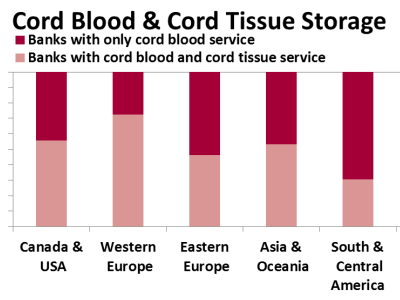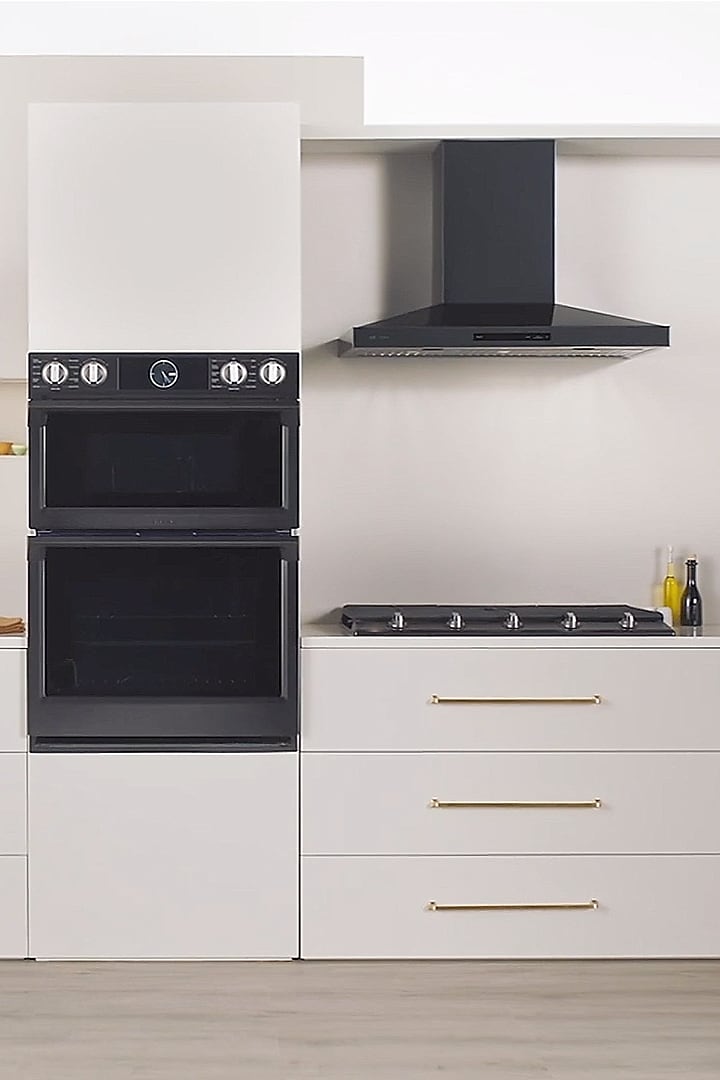Cord Blood Cord Tissue Collection Fee Prepaid R 6 50000 Processing Fee Prepaid or interest-free payment plans R 19 60000 Storage Fee Prepaid or annual payment R 550 per year for 20 years with annual cost escalations. You can prepay 20 or 30 years of storage.
 Cord Blood Banking In Singapore 2020 Cost And Reviews
Cord Blood Banking In Singapore 2020 Cost And Reviews
Since there is less than five ounces there wont be enough to treat an adult.

Price to store cord blood. The cost for private cord blood varies greatly with a range of payment options available. Most private banks charge an initial collection fee of around 1000 to 2400 as well as ongoing storage fees typically ranging from 100 to 200 per year. It can get rather expensive.
Public cord blood banking is completely free collecting testing processing and storing but private cord blood banking costs between 1400 and 2300 for collecting testing and registering. Depending on the bank current promotions and whether youre storing cord blood cord tissue or both initial processing fees can run from roughly 500 to 2500. If you would like to buy the annual storage plans please click here.
Umbilical Cord Blood Banking Cost. 325 for cord blood and 380 for cord blood and tissue collection. The banks offer payment plans ranging from no-interest installments paid over a few months to longer-term financing with interest.
With Prepaid Storage all processing and storage fees are combined. Umbilical cord blood is found in the placenta and umbilical cord. 575 Cord Blood Preservation add Cord Tissue only 495.
Storing cord blood starts at just 1495 with a 65 annual fee and there are a range of bundles available to choose from. CELL CARE COLLECTOR CHARGES. At just 5000 to store my babys cord blood till they reach age 21 or just under 20 a month I honestly think thats a small price to pay for a form of insurance that not only protects but can potentially even treat or cure the condition.
The process of storing cord blood begins shortly after your child is born. 12 monthly interest-free payments of 17545. If youd like to store cord blood and cord tissue together prices start at 2090.
Family cord blood banks charge a first-year processing fee that ranges from about 1000 to 2000 plus annual storage costs of about 125 to 175. How much do family cord blood banks charge. There are no fees associated with donating cord blood to a public cord blood bank.
With cord blood cord lining banking plans from as low as 5000 initial payment giving your baby a lifetime of protection has never been this. A family with three children could be paying close to 400 a year to store blood. Is cord blood banking worth it.
Pay either at birth or in monthly payment over 12 or 24 months. CBR offers multiple pricing options to bank your childs cord blood and cord tissue. That may sound expensive but the cost of processing cord blood and storing it is considerable.
Compared to the other ways you already protect your family such as home or auto insurance saving your babys cord blood could offer the most valuable protection of all. It is a rich source of stem cells which can be used to treat more than 80 serious illnesses including many forms of blood cancer blood disorders and immune system disorders. At Cordlife we store your babys cord blood for a contractual period of 21 years.
You can prepay 20 or 30 years of storage. Once your obstetrician has confirmed that both you and your baby are healthy they will proceed on collecting the cord blood. How is umbilical cord blood stored.
Cord blood is usually used to treat diseases in children. Celebrating Moms with 60 Savings. At the age of 21 your child will have the rights to own hisher own cord blood unit and heshe will decide whether to continue with storage in subsequent years.
Even public cord blood banks say the initial collection processing and storage cost them about 2000 per unit of cord blood. After the initial collection and processing the annual storage fee works out to be about 15month. Public cord blood banks collect process and store cord blood units with the intention for transplantation into patients who are not the donor.









